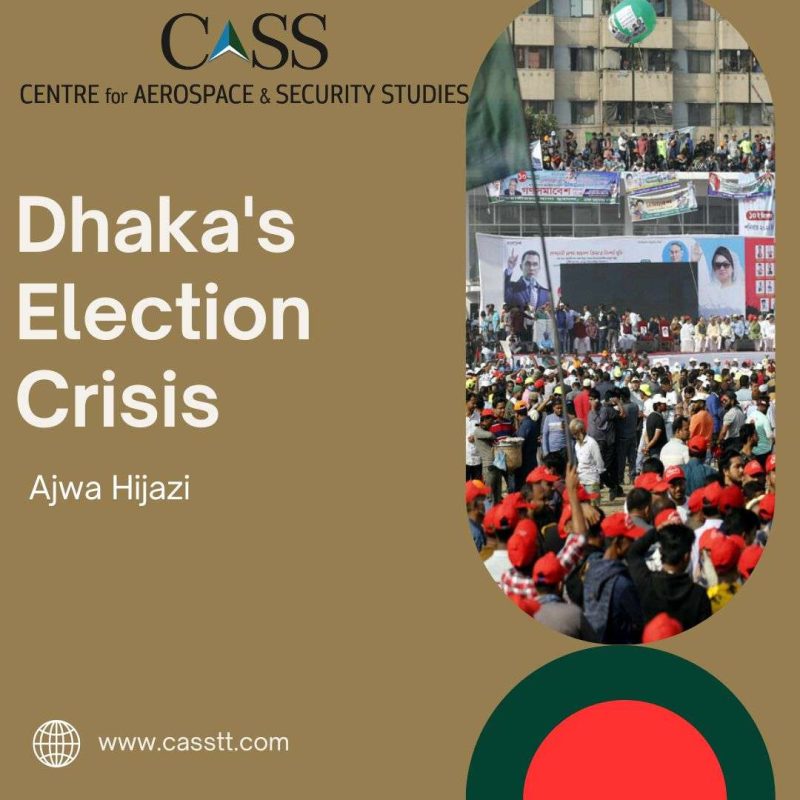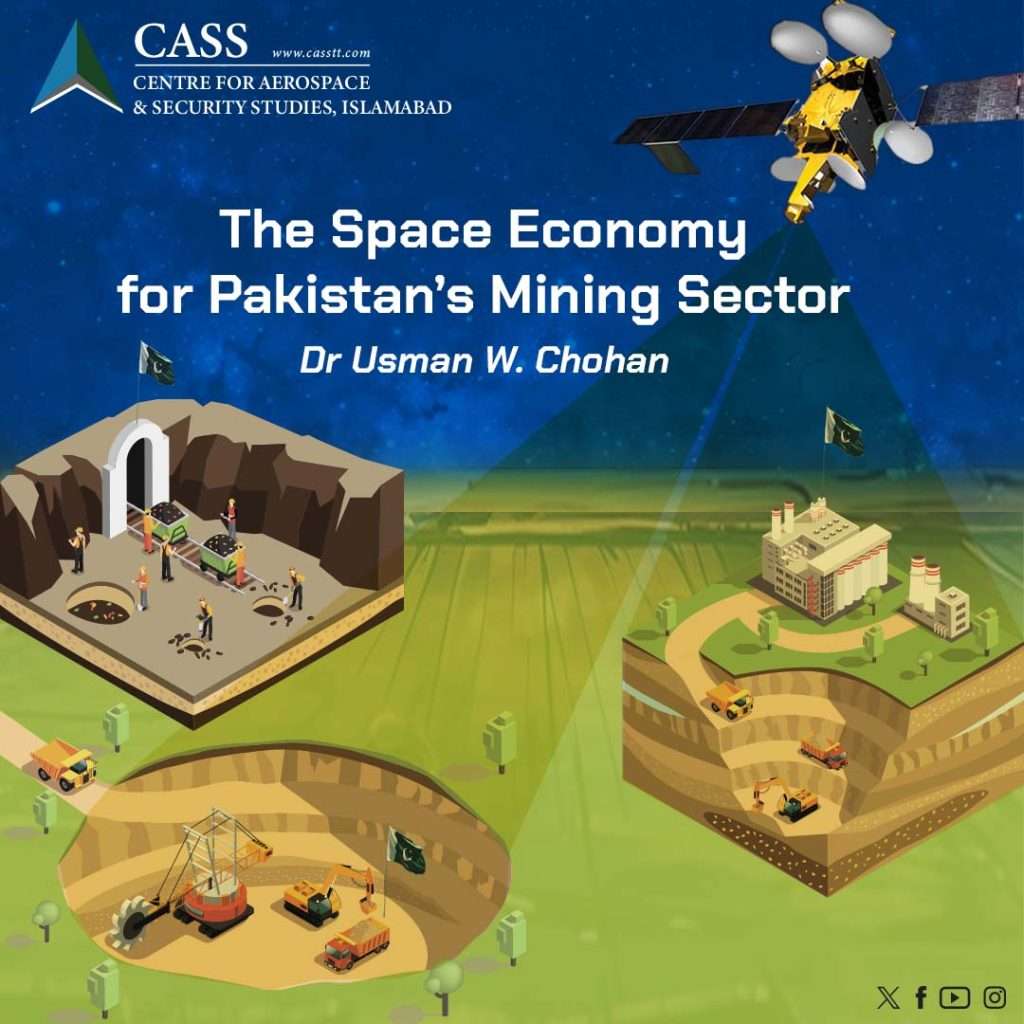Over the years, the political landscape of Bangladesh, much like so many other developing countries, has been inhabited by turbulence, mainly due to the contentions between the two major political parties – the Awami League (AL) headed by Sheikh Hasina, and the Bangladesh Nationalist Party (BNP) chaired by Khaleda Zia. In the last few months, the streets of Bangladesh have seen overwhelming protests by the opposition parties, BNP being the leading one, against the government of AL. Their demands include the resignation of Prime Minister Sheikh Hasina and establishing a caretaker set-up to hold the next General Elections, due in January 2024. The BNP’s demand for a neutral caretaker government set-up has been more consistent since last year, making it the hallmark of the Bangladeshi political landscape.
The political volatility in the country on the issue of a ‘caretaker government’ finds its roots in the events that transpired a few decades earlier. The caretaker government system was introduced in 1996 through the 13th Constitutional Amendment. It was the result of the political settlement as this system was demanded by a coalition of opposition parties led by the AL from the then-government of BNP. According to this constitutional amendment, the Jatiya Sangsad (Bangladeshi Parliament) and the Cabinet would be dissolved 90 days before the General Elections. Since then, interim set-ups administered the next three General Elections of 1996, 2001, and 2008. However, in 2011, during the AL’s tenure, the country’s highest court ruled against the caretaker government. Resultantly, it paved the way for the 15th Amendment, by the ruling party, abolishing the system of a neutral caretaker set-up. This constitutional provision triggered the BNP’s boycott of the elections in 2014. This later impacted its overall electoral standing in the elections of 2018 when Sheikh Hasina won third consecutive term and the BNP-led opposition alliance could only secure seven seats.
The BNP has been advocating about the scope of the caretaker government within the Constitution on the basis that the final verdict against the neutral interim set-up was signed by Justice ABM Khairul Haque after he retired. On the contrary, the government in power is adamant that there is no constitutional space for a caretaker government and that the current Election Commission is capable of overseeing the next General Elections. However, the alleged suppression of the protesting opposition parties by the government has made the BNP sceptical about the transparency of elections under the current administrative setting. In the absence of a neutral caretaker set-up, the BNP has once again announced to boycott the upcoming polls.
Given these developments, the sitting PM Sheikh Hasina Wajid has had to face significant reactions from international quarters about her government’s domestic troubles. The United States issued a stern visa policy for Bangladesh stating that the ‘USA would be able to restrict visas for any Bangladeshi individual believed to be responsible or complicit in undermining the democratic election process in Bangladesh’. This prompted a response from the Bangladeshi authorities where they reiterated their resolve to hold free and fair elections. Ironically (but unsurprisingly), the Prime Minister took a more aggressive stance and stated that the country was not worried about the US visa curbs since ‘it won’t matter at all if someone does not go to the US’.
Amidst pressure from the domestic and international front on the issue of prospective election engineering, the AL’s support base remains intact. According to a nationwide poll and focus group study by the International Republic Institute (IRI), although the public is discontent about the direction in which the country is heading and the opposition’s call for the interim government is gaining momentum, Sheikh Hasina is still popular among majority of the public. Her high approval rating has been mainly credited to her government’s policies on infrastructure and development. Even though elections are five months away and there can be a change in electoral trends, such surveys hint towards an uncertain election outcome while the opposition and government remain at loggerheads.
The prevalent stalemate, on the issue of an interim government between the government and the opposition, does not bode well for the electoral democracy of Bangladesh. It highlights that over the course of many years, the leading political parties, due to their mistrust of each other, have not been able to devise a substantive and lasting plan that can ensure a smooth transition of power in the country. Unfortunately, this situation is very familiar to the political landscape of many third world countries.
Free and fair electoral processes are essential cornerstones of a thriving democracy, particularly in developing nations where such processes play a pivotal role in reinforcing public trust and ensuring long-term stability. Embracing a transparent electoral system underscores a state’s commitment to democratic values. In light of this, it is important for key political entities, such as the AL and BNP, to engage in constructive dialogue. Recognising the historical tensions between them, it is all the more vital to prioritise the collective aspirations of the Bangladeshi people above individual/party differences. Addressing public concerns and working towards a consensus will not only safeguard the nation’s democratic fabric but also foster an environment where the trust of the Bengali populace in their democratic institutions remains steadfast.
Ajwa Hijazi is a Research Assistant at the Centre for Aerospace & Security Studies (CASS), Islamabad, Pakistan. She can be reached at cass.thinkers@casstt.com.
Design Credit: Mysha Dua Salman





